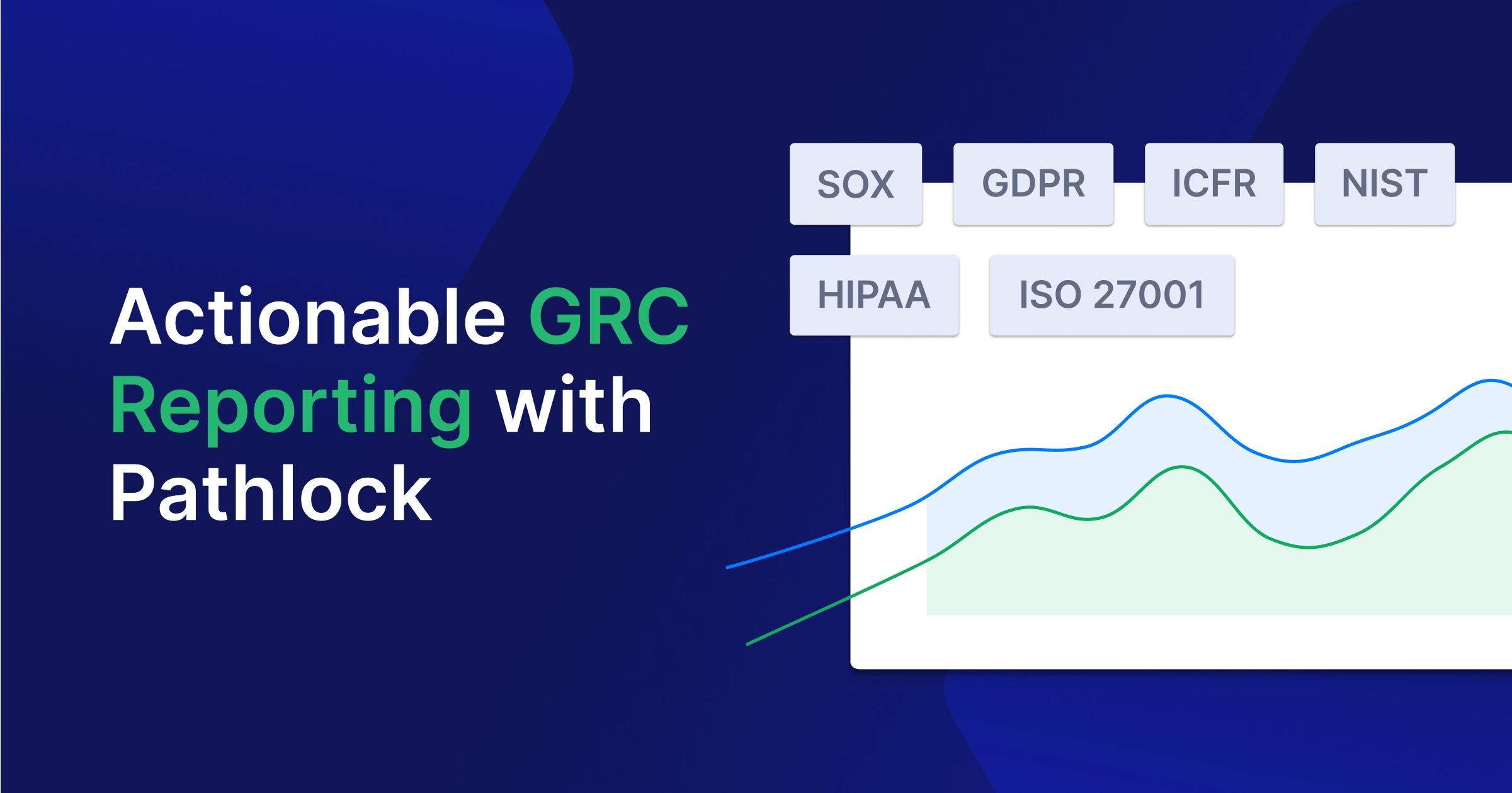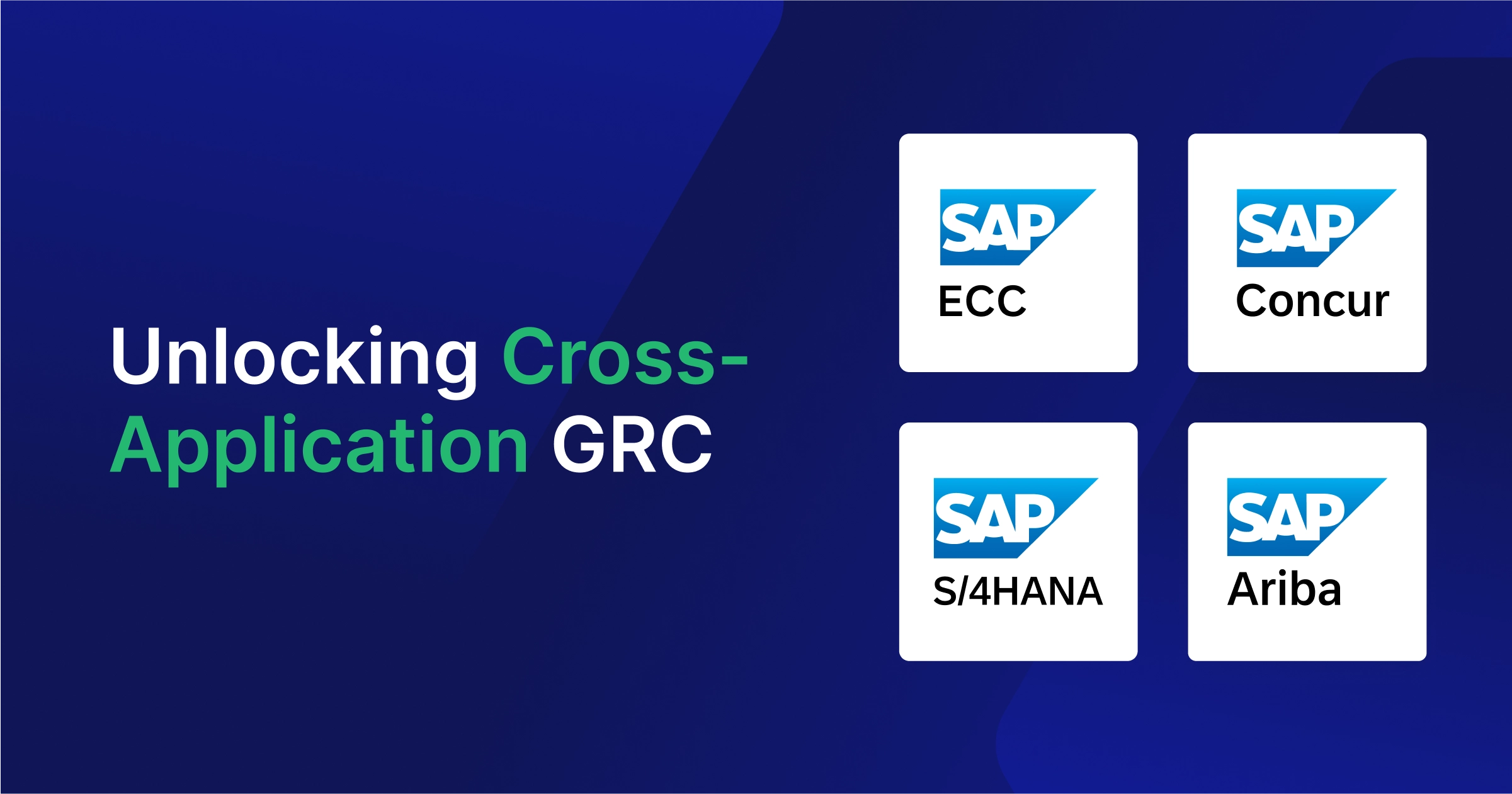Company Controllers and Directors of Internal Audit are intimately familiar with the complexities and resource demands of SOX audits. While meticulous adherence to regulations is paramount, relying solely on manual processes for audit preparation can wear down your team, raise error rates, and, let’s face it, become surprisingly costly.
Let’s break down the reality of manual SOX audit preparation:
- Even with dedicated and talented team members, maintaining control documentation in spreadsheets becomes an unwieldy exercise. From intricate control mappings to cross-system data wrangling, it’s an error-prone process burdened by version control challenges. The countless hours spent in ‘spreadsheet land’ add up to exhaustion and frustration for the team.
- Manually pulling transactional data, system configurations, and user access reports creates bottlenecks and potential security concerns. Your team spends crucial resources gathering this information, diverting attention from important analysis and remediation activities.
- Without a workflow structure, gathering timely approvals and evidence on control execution often means repeated follow-ups. Email chains become messy, responses go untracked, and critical review windows close without resolution.
- While direct labor costs for manual SOX audits are obvious, there are other burdens. Inefficient preparation increases external auditor scrutiny, resulting in extended project timelines and higher invoices. And, importantly, employee burnout raises the risk of errors and undetected non-compliance.
Audit’s Lack of Budget Shouldn’t Dictate Inefficiency
We recognize that technology upgrades don’t always reside neatly within the internal audit budget. Yet, it’s important to recognize that manual SOX compliance represents a substantial operational inefficiency for the entire organization. Departments involved in providing evidence and reviews feel the burden, distracting them from their core responsibilities.
Enter Continuous Controls Monitoring
Continuous Controls Monitoring (CCM) solutions aren’t just a time-saver but a fundamentally smarter approach to SOX compliance. Imagine:
- Centralized Data, Real-Time Insights: Automatic data feeds to a CCM platform eliminate data chases. Continuous testing alerts your team to anomalies or potential risks as they occur, not just during an annual audit window.
- Workflows That Actually Work: Automated workflows with clear assignments and progress tracking replace email chains and guesswork. You’ll know exactly where potential violations may exist and the status of any needed remediation, saving everyone time and aggravation.
- Risk-Based Prioritization: Instead of focusing on ticking boxes, CCM solutions provide real-time risk insights. Your team can focus on proactive measures and address control weaknesses throughout the year, not just as the audit looms.
Justifying the Investment: A Cost/Benefit Exercise
It’s time to reframe SOX compliance. It’s not solely an expenditure but an investment in process efficiency, error reduction, and risk mitigation. Conduct a thorough cost/benefit analysis, including:
- Direct labor hours saved: Estimate time saved in data gathering, control documentation, review coordination, and audit preparation.
- Reduced error risk: Quantify the potential financial repercussions of missed control failures, both in potential penalties and extended audit engagement fees.
- Strategic Resource Utilization: Consider the improved focus of both the internal audit team and cross-functional teams that could result from automation.
The transition to a CCM solution isn’t merely implementing technology; it’s transforming your entire SOX approach. You’ll equip your team with tools that streamline their work, provide proactive insights into your organization’s control environment, and ensure you approach every audit with greater confidence and less anxiety.
Contact our CCM experts today to schedule a custom demo.


